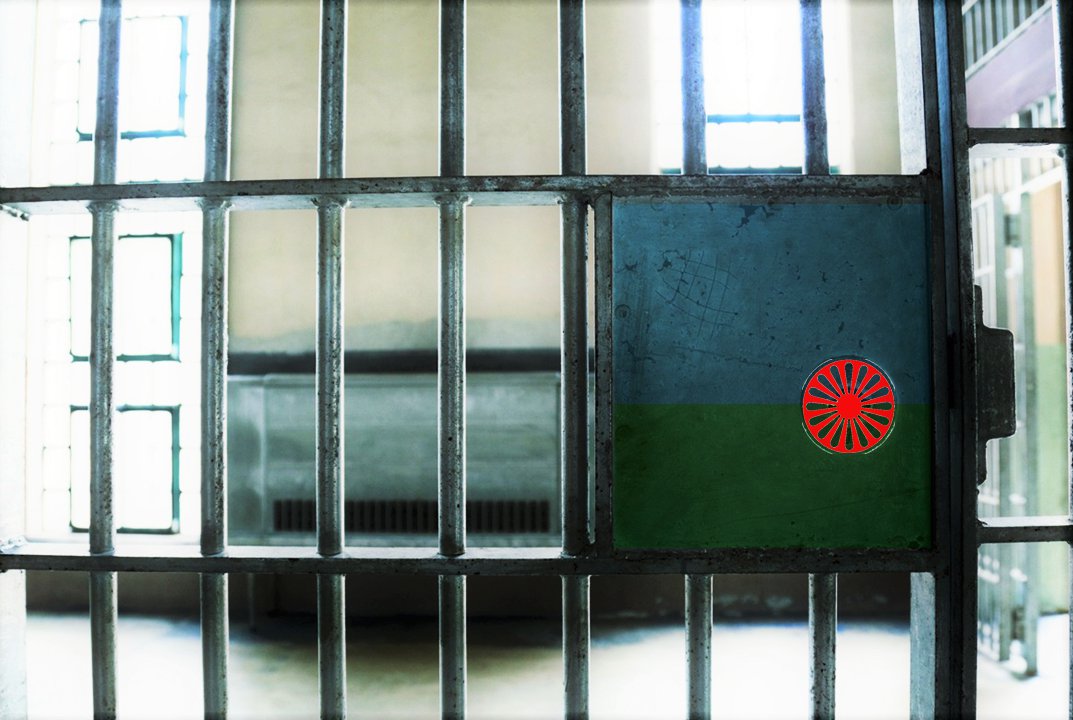What Macedonian’s new prison amnesty means for Roma
30 January 2018
By Senada Sali and Jonathan Lee

A new amnesty law passed in Macedonia means there is a possibility for over 200 Romani prisoners to be released or have their prison penalty shortened.
On 15th January 2018 the Macedonia Parliament adopted a new law on amnesty that came into force on the 26th of January, four days ago. Proper application of this law would practically mean that about 260 Roma would be released from prison or the length of their prison sentences would be reduced by 30%.
According to the law, the possibility for full or partial amnesty, applies if you:
- started serving a sentence for criminal offenses on the day this law came into force (29th January 2018).
- are a Macedonian citizen and serving your sentence in Macedonia, but were convicted for criminal offenses under the laws of another state.
- have been convicted for criminal offenses, but had not yet started serving your sentence on the day the new law came into force (29th January 2018).
Full amnesty should be granted to the people listed above who were sentenced to imprisonment of six months or fewer. These people should be released from prison. Partial amnesty should apply to the rest of the people listed above whose sentence is more than 6 months. These people should have their sentence reduced by 30%.
The procedure for applying amnesty for those who are already serving prison sentences should be initiated ex officio by the penitentiary-correctional institution, while the procedure for applying amnesty for persons who have not started yet serving the sentence of imprisonment, should be initiated ex officio by the court that rendered the first instance verdict. This is done at request of a public prosecutor (PP) or at request of the convicted person themselves. The chances of the public prosecutor initiating these proceedings on behalf of Roma on their own is very unlikely. Therefore, it is the Roma who must know the details of this new law, and begin the application for amnesty as soon as possible themselves.
Five days after receiving an amnesty request, the court which first handed down the sentence should issue a decision on amnesty. Appeals against this decision must be lodged within 24 hours of receiving it. An appeal can be lodged by the convicted person, or another person who can make a complaint in favor of the convicted person. Once this is submitted, a higher court will rule on the decision of the initial court’s decision within 48 hours.
The time windows for this new law are very short, and the burden to initiate amnesty requests falls disproportionately on the convicted person. Considering the level of institutional racism against Roma in the judiciary, prison service and public prosecutor’s office, it is unlikely Roma can expect this law to be applied fairly or spontaneously. We urge Roma who are convicted of criminal offenses but have not yet begun their sentence, to take their case into their own hands and initiate amnesty procedures themselves. Roma who are already serving their sentence, but fall into one of the other categories must ask an official if the procedure has been initiated, they cannot do this themselves. This is where the ERRC are concerned that there is potential for authorities to abuse this power and overlook, or deny, Romani prisoners their requests for amnesty. In a system where Roma are already harshly sentenced and are even dying in prisons, there is a real danger of them being discriminated against further in the application of this amnesty law. The ERRC will be monitoring this new amnesty process as it is rolls out, and recording any instances of suspected bias and prejudice towards Romani applicants.




